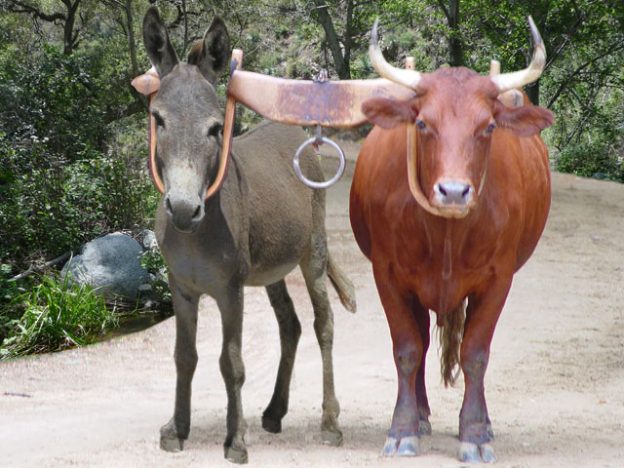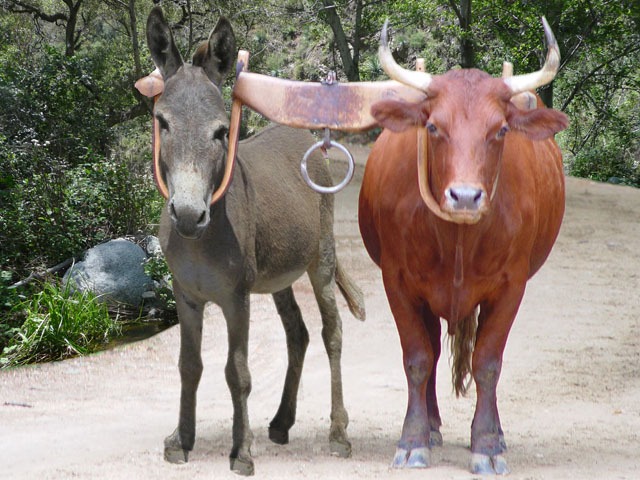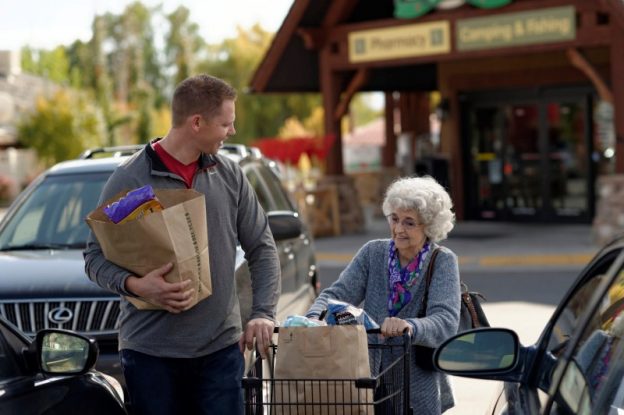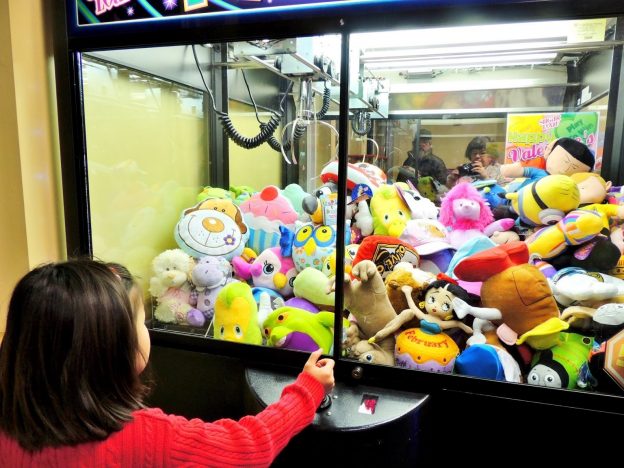Parshas Ha’azinu
If Hashem is Just, Why is Life So Unfair?

“The Rock, [Hashem], perfect is His work, for all his paths are justice…” (Devarim 32:4)
The Chofetz Chaim zt”l was bothered by the following question: The pasuk declares that Hashem is just. Yet, sometimes we see “injustice” such as a righteous person lacking life’s basic needs like food and clothing. The Chofetz Chaim asked, “Isn’t Hashem also capable of providing the tzadik’s needs without him needing to beg for assistance?”
The Chofetz Chaim answered this question with a parable:
The only child of a very wealthy man fell deathly ill. No doctor could heal him. An expert doctor was brought in from afar and was successful. The doctor told the father that to prevent a relapse, the son must never eat fatty meat. Once, when no one was looking, the son ate some fatty meat and became deathly ill. Only with much effort was the expert doctor successful in saving this child’s life, again. Sometime later the father hosted a party at which he kicked his son out of the dining room. The guests were in shock at the actions of this “cruel” father. Only the father knew that this was an act of love to prevent the death of his beloved son.
Hashem is like the father in this parable. Sometimes Hashem must “remove” a tzadik from the “dining room” FOR HIS OWN BENEFIT, even though bystanders can’t understand the reason.
Everything that Hashem does is for our ultimate good even though we don’t always understand it.
During the Holocaust, there was a brother and sister whose family had perished. The sister was caught by the Nazis and was brought to Gestapo headquarters. The brother couldn’t bear to lose his beloved sister and acted without thinking. He walked into Gestapo headquarters and demanded his sister’s return. The Nazi on duty looked at him in disbelief. He was ready to shoot him on the spot when he had a strange thought. “Jew”, he said, “When you grow hair on the palm of your hand, I will let you take your sister”. The Jew opened his hand and to the Nazi’s shock, there was hair on his palm. With a terrified scream, the Nazi shouted,” Jewish devil! Take your sister and leave, quickly!” The brother and sister ran into the forest and survived the war.
What happened here? A few years earlier, the brother was in an accident in which his hand had gotten caught in a piece of machinery. During surgery, the doctors grafted a piece of skin from his leg onto his palm. The grafted piece of skin grew some hair on it, which was a very unusual occurrence. I am sure, at that time, the brother wasn’t very happy about the accident or his grotesque hand. It was only years later, when this “accident” proved to be the means of his sister’s survival, that the brother could appreciate the past “accident”. [from Hasidic Tales of the Holocaust by Yaffa Eliach]
HASHEM LOVES US SO MUCH AND ALL THAT HE DOES IS FOR OUR ULTIMATE BENEFIT!





















